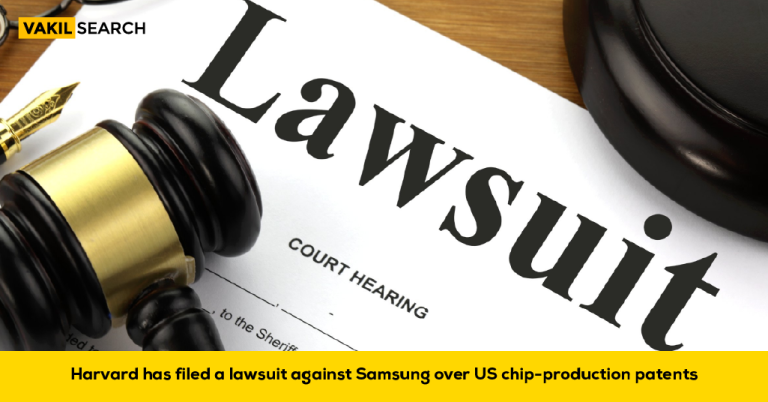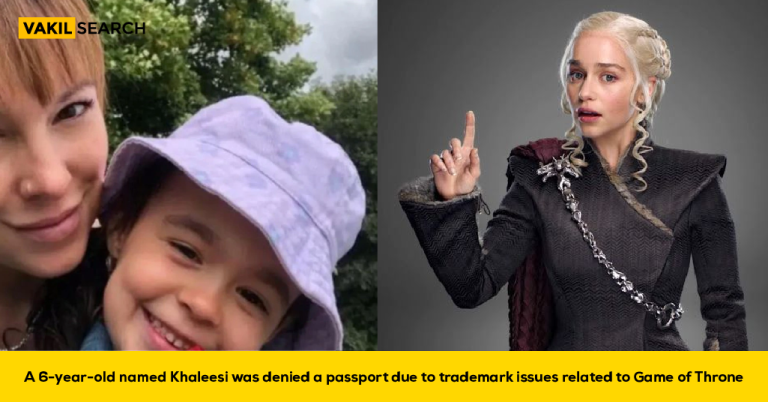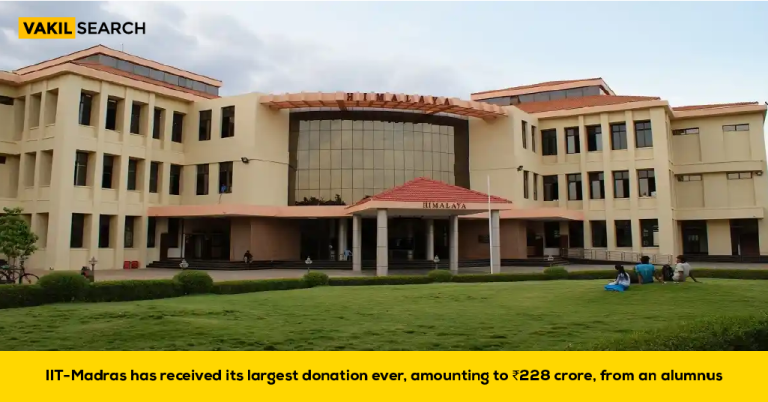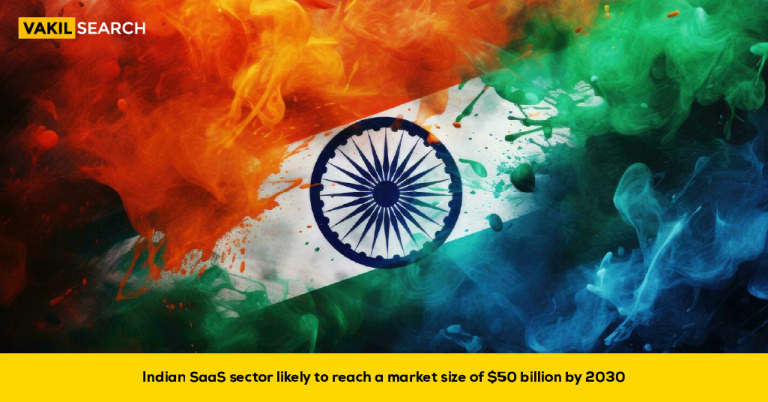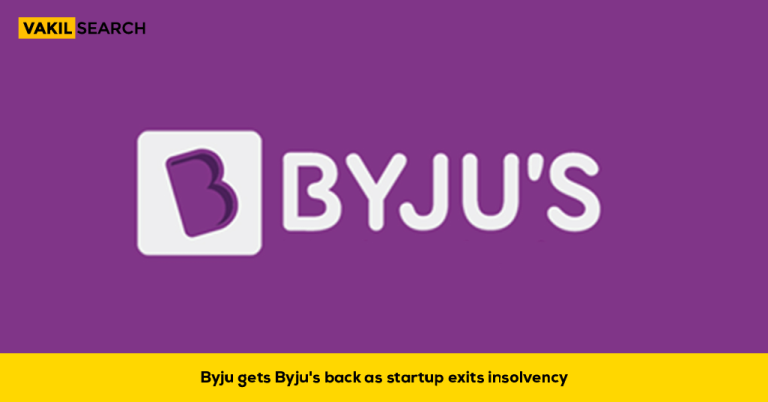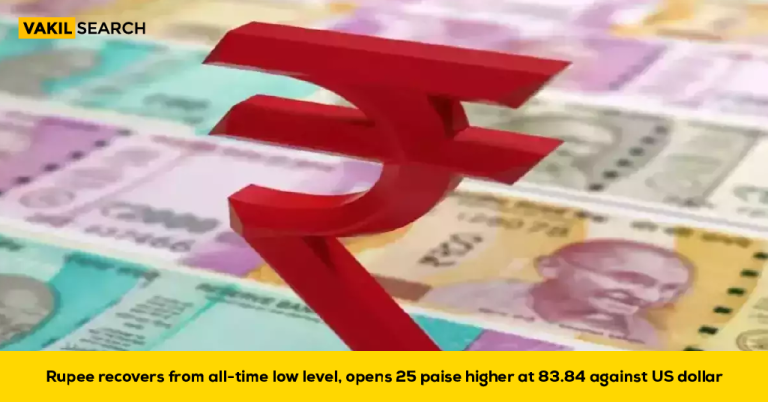Four years after then-U.S. President Donald Trump signed the Gandhi-King Scholarly Exchange Initiative Act, U.S. and Indian officials are working to resolve challenges posed by the Foreign Contribution Regulation Act (FCRA), which has delayed funding for the roughly $40 million (₹335 crore) initiative, particularly for the Gandhi-King Development Foundation.
The Act aimed to enhance India-U.S. relations by studying the ‘history and legacies’ of Mahatma Gandhi and Dr. Martin Luther King Jr. and required the establishment of three entities. Two have been set up in the U.S.: an exchange program for 20 scholars annually and a ‘global academy’ by the U.S. Institute of Peace in Washington. Although these have been operational since 2021, progress on the third entity, the Gandhi-King Development Foundation, has been limited.
Sources attribute the delay to extensive scrutiny in New Delhi regarding the routing of U.S. government funds for studies in India. Following an MoU signed on 17 June 2024, with National Security Advisor Ajit Doval and his U.S. counterpart Jake Sullivan in Delhi, U.S. officials have indicated that work on the foundation is underway. However, Ministry of External Affairs (MEA) sources report that only ‘preliminary discussions’ have occurred and the U.S. has not yet clarified the foundation’s structure.
An official told The Hindu that the U.S. needs to finalise the fund structure and activities before submitting a proposal to the Government of India (GOI), which will then review it. The U.S. had not initially consulted India on setting up the initiative. USAID officials, however, report holding ‘bi-weekly meetings’ with Indian officials to finalise details for the foundation, expected to be set up by October 2024, ideally for Mahatma Gandhi Jayanti on October 2. USAID will oversee the implementation, requiring U.S. and matching Indian private sector funding.
USAID Deputy Assistant Administrator for Asia, Anjali Kaur, stated in a U.S. Congressional Subcommittee hearing on 23 July that a working group with MEA, USAID, and the Indian Embassy in Washington is finalising the foundation’s governing structure and addressing FCRA compliance issues.
The U.S. Embassy in Delhi indicated that USAID is ready to provide ‘$29 million in seed funding for the Gandhi-King Development Foundation, pending its formation,’ contingent on matching contributions from the Indian private sector. U.S. Embassy spokesperson Chris Elms assured that USAID is working with the MEA to comply with FCRA provisions.
With the October deadline approaching, officials are optimistic that ongoing discussions will facilitate the foundation’s formation, resolve financing issues, and secure FCRA clearances. FCRA permissions have been contentious, with tensions between the MEA and Ministry of Home Affairs (MHA) over recent years. Concerns have arisen from the U.S. and other countries regarding the Indian government’s decision to withhold clearances from several international NGOs, such as Amnesty International and Greenpeace, which were involved in private funding. Some U.S. government and congressional agencies, like the Ford Foundation and National Endowment for Democracy (NED), have also faced restrictions.
The MHA did not comment, but sources noted initial government concerns about the Gandhi-King Scholarly Exchange Initiative’s intent. Grant applications had specified funds for research on civil rights, social justice, human rights, and minority issues, which New Delhi is often sensitive about. There were also questions about the necessity of foreign funding for such studies. However, U.S. officials have since addressed these concerns, stating that the Gandhi-King Foundation will focus solely on India’s development priorities, including climate change, tuberculosis, water and sanitation, air pollution, education, and women’s empowerment.
Vakilsearch can assist organisations navigating complex legal and compliance challenges. Our team specialises in managing foreign contribution regulations, facilitating international collaborations, and ensuring adherence to legal requirements for cross-border funding. As U.S. and Indian officials work towards resolving these issues, let us provide the expert legal support needed to expedite your projects and secure necessary approvals. Contact Vakilsearch today to streamline your compliance and achieve your development goals efficiently.


